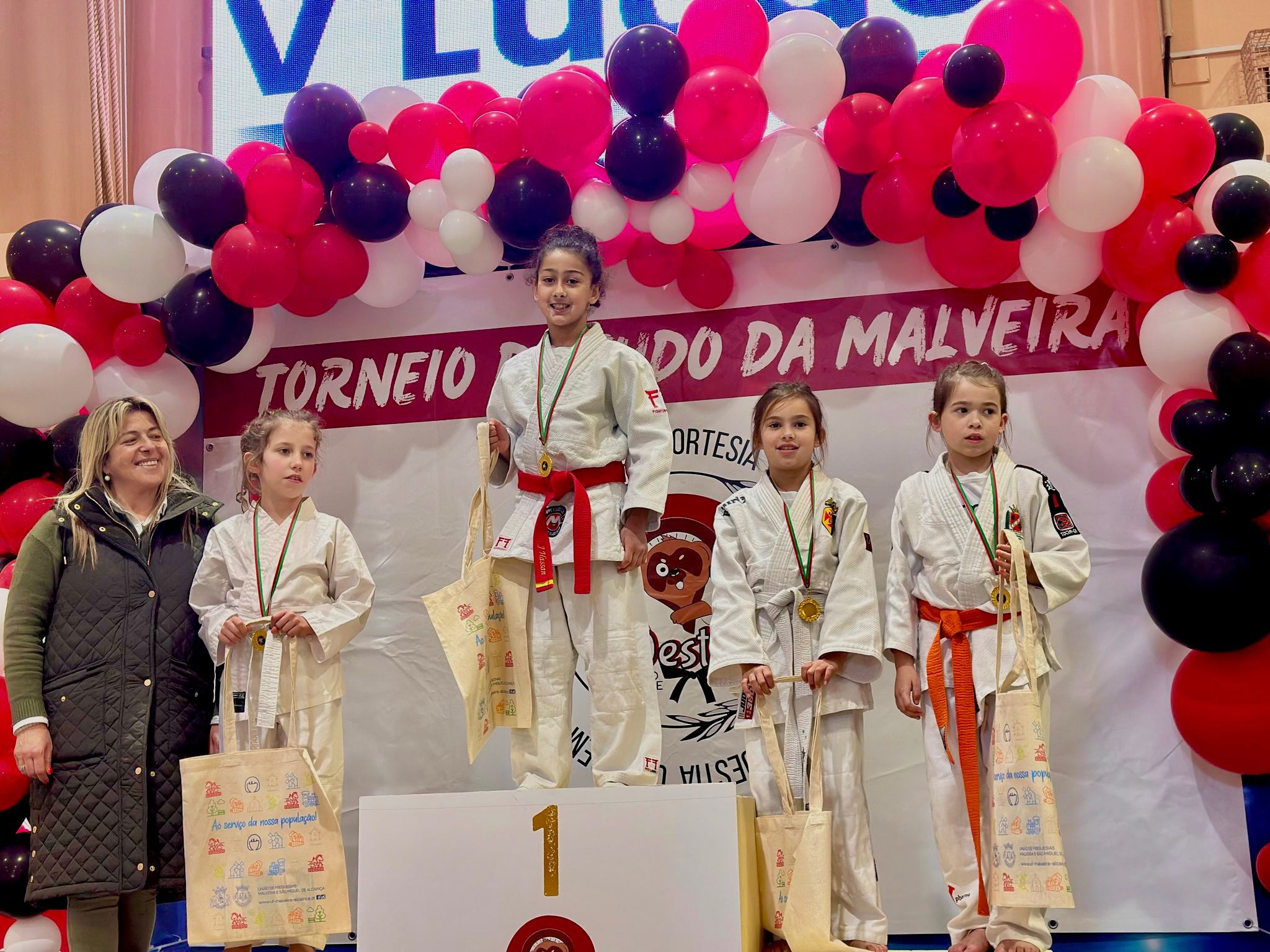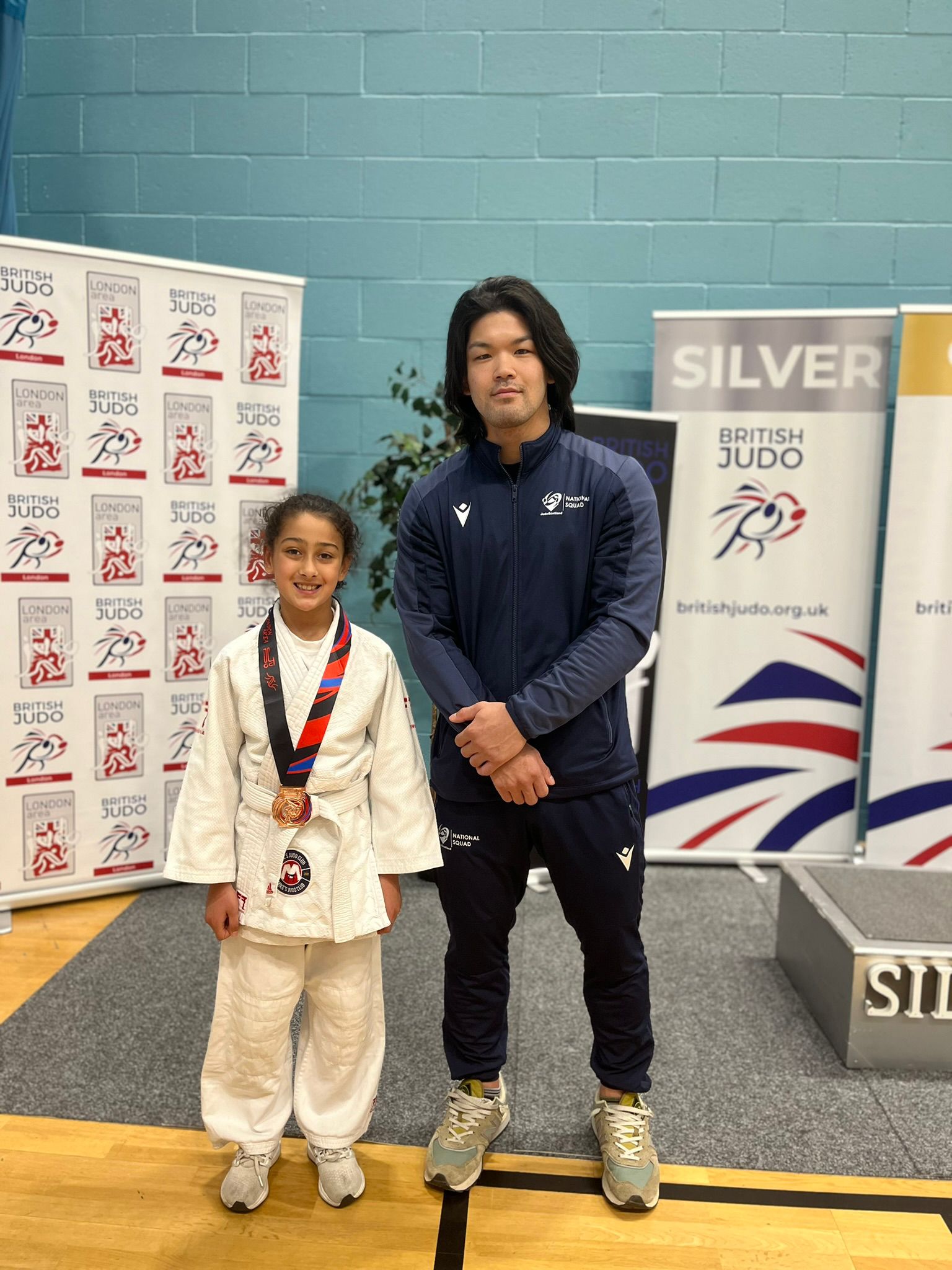
The Hub Playing a Part in Jahanara’s National and International Success
by Hubsport Online | June 3rd, 2025
This month we will celebrate one of our valued Hub Athletes, Jahanara, another Judo Fighter who is a member of The Premier Hub Inner Circle.
Jahanara’s mother said “My daughter Jahanara first discovered judo in June 2024 through an after-school club with Mike’s Judo Club at her school, St Saviour’s C of E Primary School. By October 2024, she had stepped into competitive judo and quickly fell in love with the sport. But despite her passion, she continued to struggle with severe anxiety, which often held her back both on and off the mat.
That’s when we came to Hub Sport in March 2025 — and it has completely changed our lives. Working with Nino has been transformative. His patient, understanding approach has helped Jahanara manage her anxiety, build her confidence, and truly believe in herself. The difference is incredible — she’s completed a full school year without any behavioural issues, been elected to the school council, and is thriving at home, school, and in sport.
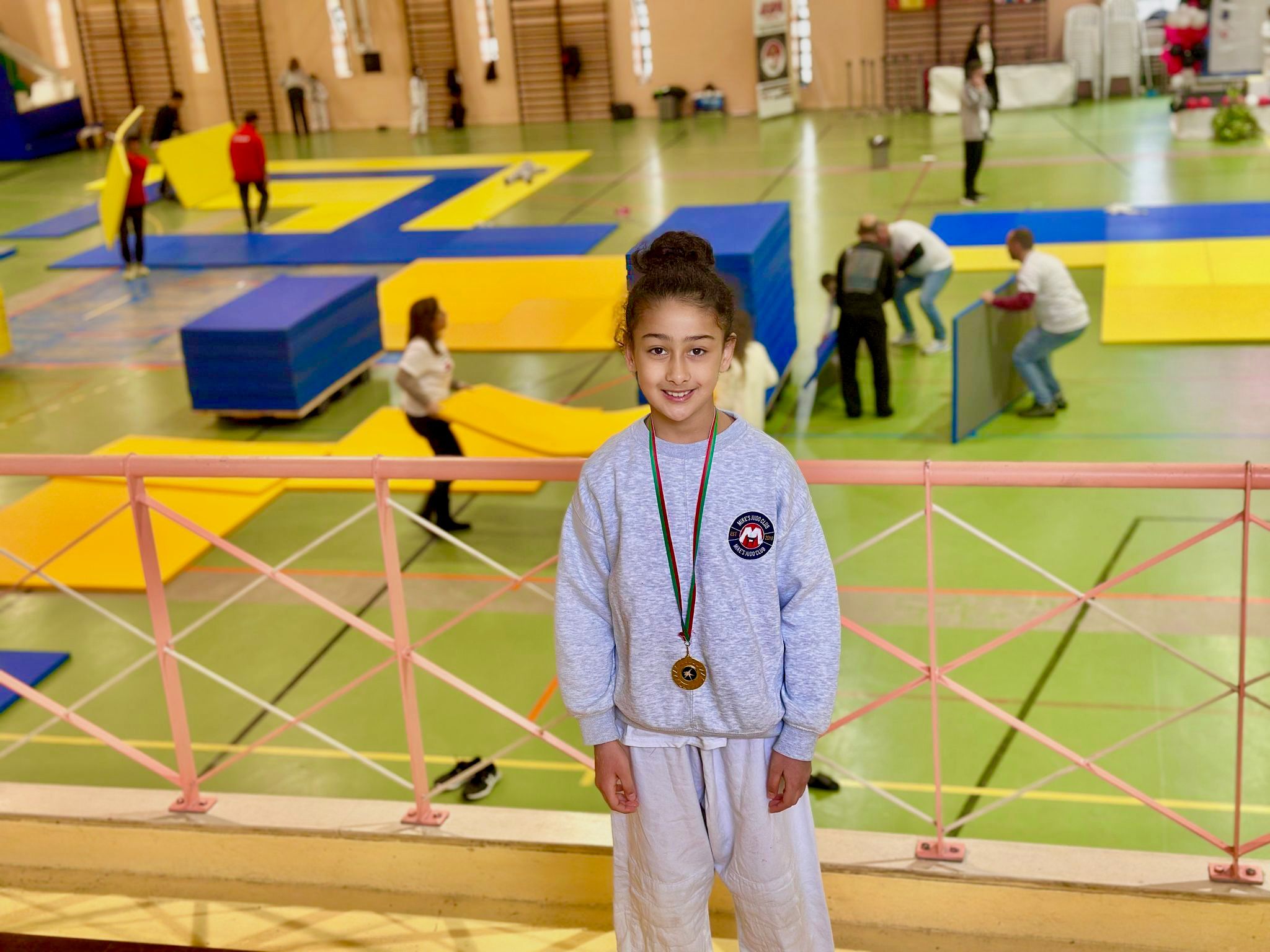
Since joining Hub Sport, she has gone on to achieve remarkable results in competition. In just a few months, she has proudly represented her club both nationally and internationally, with the following notable tournaments since March 2025:
- 22nd March 2025 – Outlines International Judo Tournament U12s (Malveira, Portugal) – Gold
- 30th March 2025 – Ippon Trophy Antwerp U11s (Antwerp, Belgium) – Bronze
- 3rd May 2025 – NHC Low Grade Development Event (Brentwood, Essex) – Gold
- 17th May 2025 – London Open 2025 (SportsDock, University of East London) – Bronze
- 22nd June 2025 – North West U16 Age & Grade Band Open (Liverpool) – Gold
- 20th July 2025 – Gran Canaria Akari Cup (Gran Canaria, Spain) – Double Gold (U27s & U30s)
As her mother, I cannot thank Nino and Hub Sport enough. Jahanara is happier, healthier, and more confident than ever — and I truly believe this support has given her the foundation for a bright future, both in judo and in life”.
Here are some major reasons why The Hub would recommend Judo for psychological and emotional development:
Judo, a martial art founded in Japan by Jigoro Kano in the late 19th century, is far more than just a physical discipline. While it develops strength, flexibility, balance, and coordination, its impact on the psychological and emotional well-being of young athletes is equally profound. Judo promotes values and mental habits that help children grow into confident, respectful, and emotionally intelligent individuals. It offers a structured yet nurturing environment where discipline, humility, and personal growth are central. This makes judo uniquely powerful in supporting the psychological and emotional development of youth.
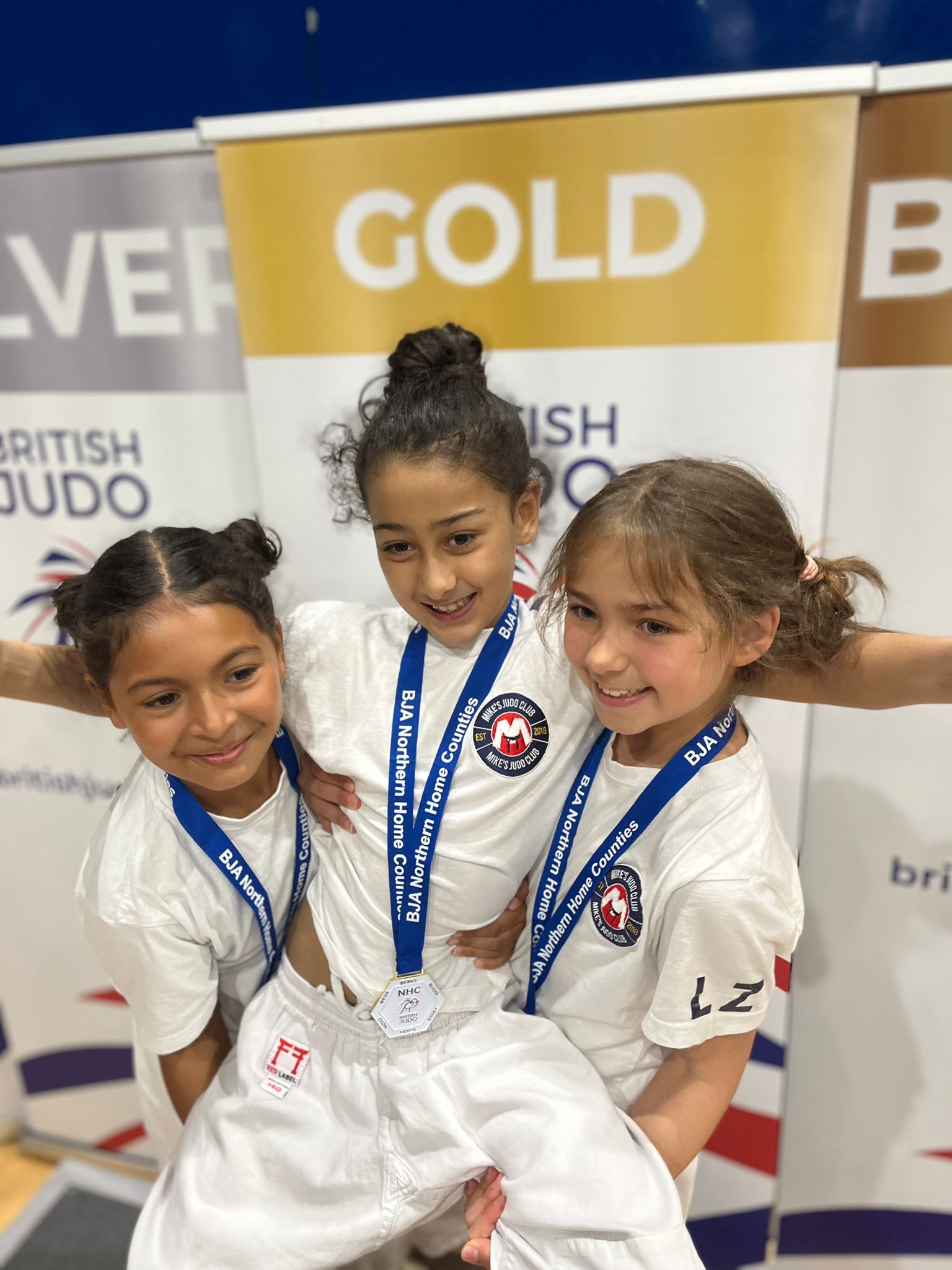
Building Confidence and Self-Esteem
One of the most noticeable psychological benefits of judo for young athletes is the development of self-confidence. Children often struggle with self-doubt, especially in an era marked by social media and constant comparison. Judo provides a space where progress is clearly marked and celebrated. Whether a young judoka (judo practitioner) earns a new belt, learns a new technique, or successfully applies a move in a sparring match, each small victory reinforces their belief in their own abilities.
Importantly, judo teaches that failure is a part of growth. Getting thrown or losing a match is not seen as shameful, but as an opportunity to learn. This mindset helps children overcome fear of failure and develop resilience. Instead of internalizing failure as a reflection of their worth, they begin to understand it as a necessary step in the learning process. As they persist and improve, they gain a sense of agency and accomplishment that fosters healthy self-esteem.
Emotional Regulation and Self-Control
Judo also cultivates emotional regulation—an essential skill for children and adolescents. Training sessions often involve intense physical and mental challenges. Whether it’s the stress of competition, the frustration of a difficult technique, or the discipline required during sparring, young athletes learn to manage their emotions constructively.
For instance, during randori (free practice), students are expected to stay calm, respectful, and focused even under pressure. They may experience anger, disappointment, or anxiety, but the culture of the dojo emphasizes composure and respect. Instructors model and reinforce these behaviours, helping students learn that emotions are natural but must be controlled.
Over time, this builds emotional intelligence. Children begin to recognize their emotional triggers, understand their responses, and develop strategies for self-regulation. These skills are critical not just in sport, but in all areas of life—from managing school stress to resolving conflicts with peers.

Discipline, Structure, and Responsibility
Judo is deeply rooted in discipline and structure, both of which are immensely beneficial for young people. Classes begin and end with rituals such as bowing, emphasizing respect for instructors, fellow students, and the art itself. Rules are clear and consistently enforced, creating a predictable and safe environment. This structure provides a sense of stability, especially for children who may lack consistent routines in other areas of their lives.
Training regularly also instils a sense of responsibility. Young judoka learn that effort, attendance, and attitude affect their progress. Promotions are earned, not given, and this merit-based progression teaches that success requires hard work and patience. The discipline learned in judo often translates into other areas, such as academic focus, time management, and long-term goal setting.
Developing Empathy and Social Skills
Unlike some competitive sports that foster intense individualism or rivalries, judo is unique in that it emphasizes mutual respect and cooperation. The foundational principle of judo—“Jita Kyoei”, meaning “mutual welfare and benefit”—teaches that personal progress should never come at the expense of others. In training, students must work closely with partners, taking turns throwing and being thrown, learning and growing together. These cooperative dynamic fosters empathy and trust.
Instructors often encourage older or more experienced students to mentor younger ones, helping to build leadership skills and a sense of community. Even in competition, respect for one’s opponent is paramount. The culture of humility and mutual respect helps children learn to value others’ perspectives, work in teams, and develop healthy relationships.
For children who struggle socially, judo can be particularly helpful. The structure of the dojo creates a consistent social environment where children interact with peers in guided, respectful ways. Over time, many young judoka become more socially confident and better at navigating interpersonal dynamics.
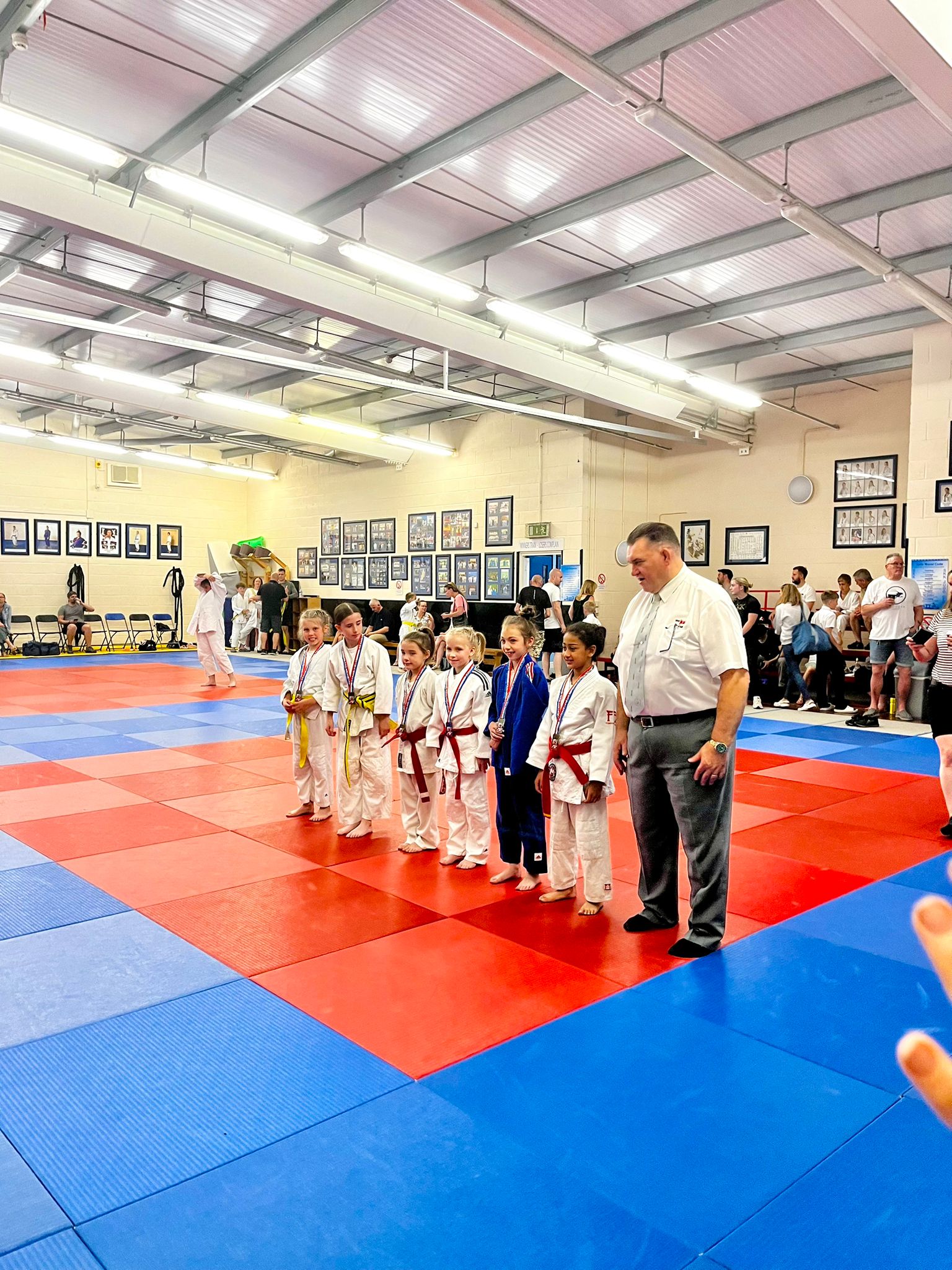
Fostering Identity and Purpose
Adolescence is a time of identity formation, and involvement in judo can offer a positive and stable sense of self. As young athletes commit to training and overcome challenges, they begin to see themselves as capable, disciplined, and resilient. Judo becomes a source of pride and identity—not just a hobby, but a part of who they are.
This identity is grounded not in superficial measures like popularity or appearance, but in internal values such as perseverance, integrity, and respect. Children learn to value themselves not for what they own or how they look, but for how they behave and treat others. This can be particularly powerful during adolescence, when issues of self-worth and belonging are often at the forefront.
Having a sense of purpose—working toward promotions, preparing for competitions, or mastering techniques—also gives young people direction. It helps them set and pursue meaningful goals, reinforcing the idea that effort and focus lead to achievement. This sense of purpose can buffer against feelings of aimlessness or anxiety that many young people experience.
Resilience and Coping with Adversity
Judo is also an effective way to teach resilience. The journey of a judoka is full of setbacks—injuries, defeats, plateaus in progress. But the philosophy of judo emphasizes “Seiryoku-Zenyo”, or “maximum efficiency with minimum effort,” which can be interpreted as making the most of every situation, even the difficult ones.
Young athletes learn how to face and bounce back from challenges. They are taught to analyse what went wrong, adjust their approach, and try again. This problem-solving mindset is an essential life skill. It empowers children to approach challenges with curiosity rather than fear and to view obstacles as opportunities for growth.
In addition, the physical nature of judo provides an outlet for stress. For many children, especially those dealing with anxiety or emotional turbulence, the act of moving their bodies, channelling energy, and being present in the moment can be incredibly grounding and therapeutic.
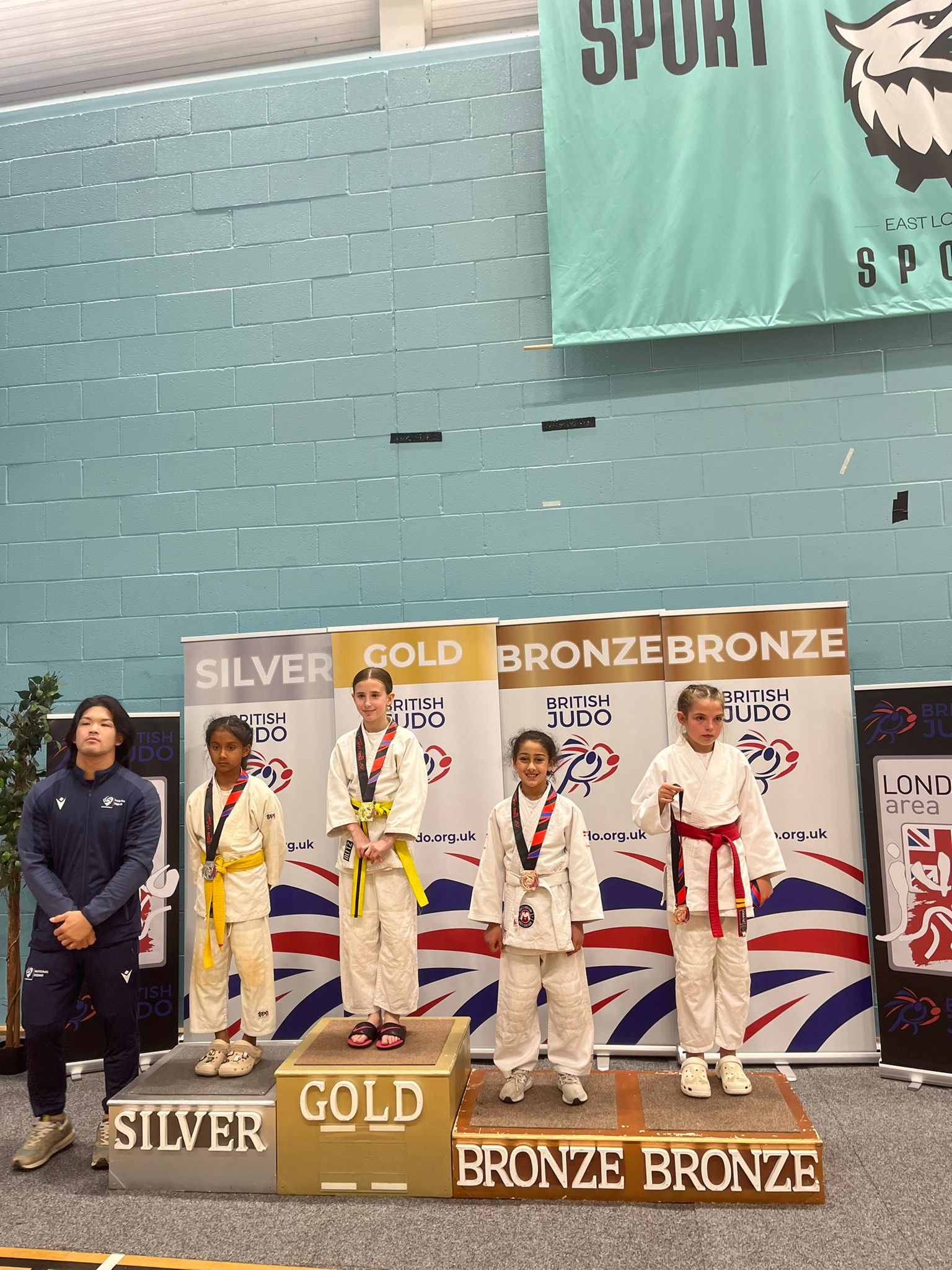
Encouraging Lifelong Mental Health Habits
Because of its emphasis on holistic development, judo helps lay the foundation for lifelong psychological well-being. The habits formed in the dojo—self-reflection, goal-setting, emotional regulation, and resilience—carry forward into adulthood. Many former judoka continue to apply judo principles in their careers, relationships, and personal challenges.
Furthermore, the sense of community within a dojo can provide emotional support and a sense of belonging. For children from difficult backgrounds or those experiencing social isolation, the dojo can become a second home, a place where they are seen, valued, and supported.
Judo offers far more than physical training. It is a discipline that shapes the mind and spirit as much as the body. For young athletes, it provides a rare combination of structure and freedom, discipline and empathy, challenge and support. Through judo, children learn to believe in themselves, manage their emotions, respect others, and approach life with resilience and purpose. In a world that often prioritizes external achievement, judo stands out as a path toward inner growth—a sport where young people don’t just learn to win, but to grow into better, stronger, and more compassionate individuals.
